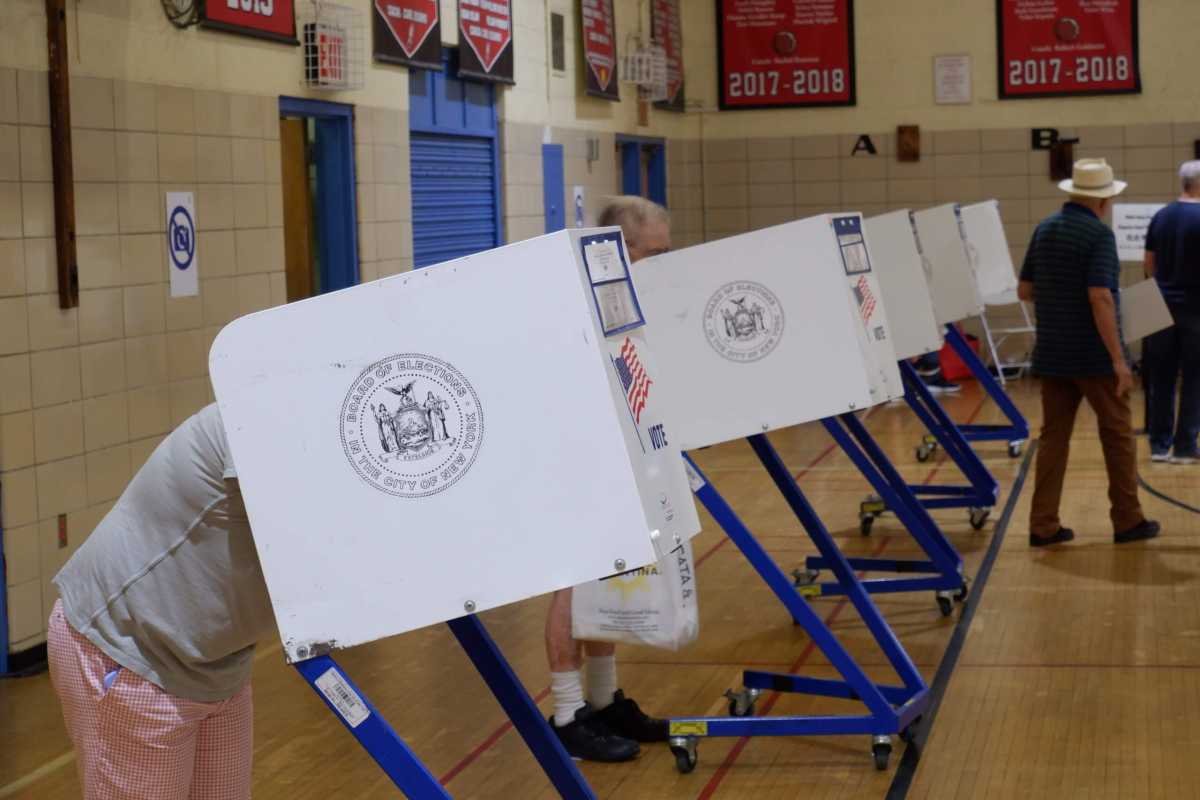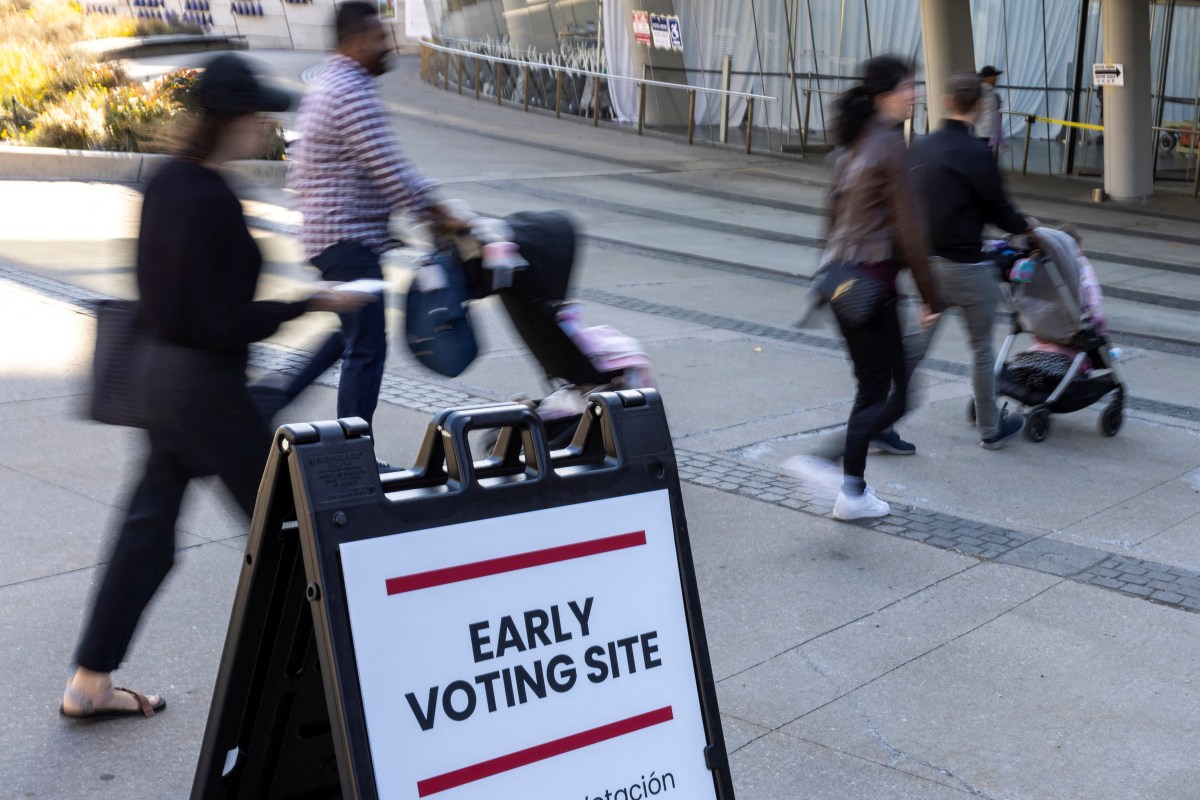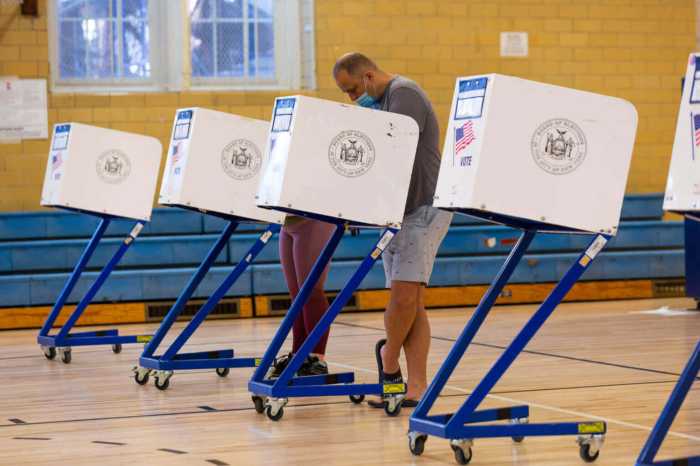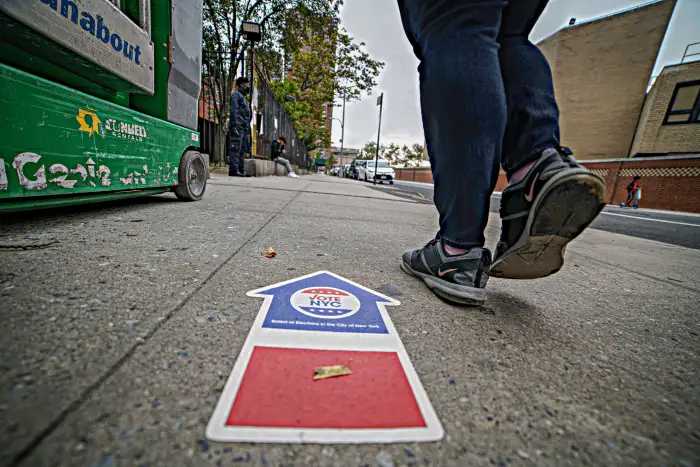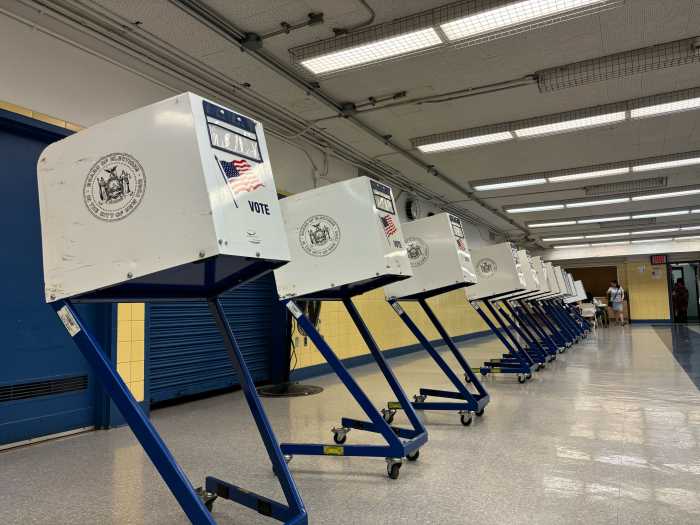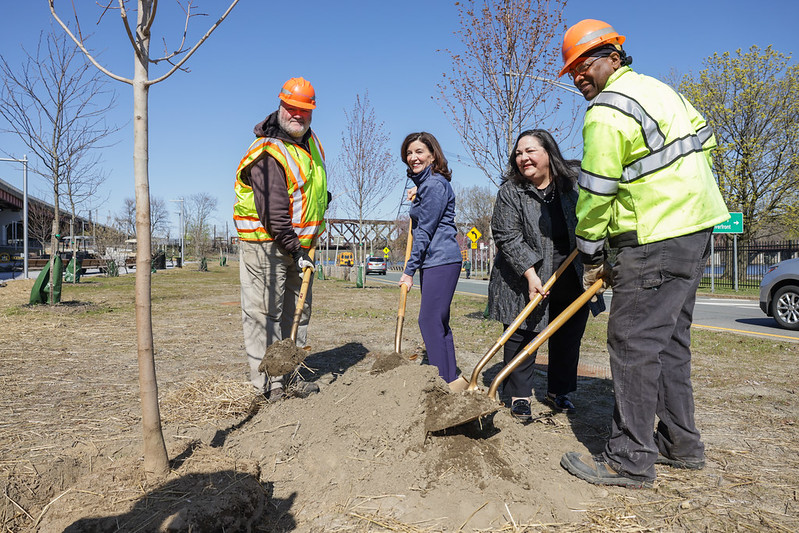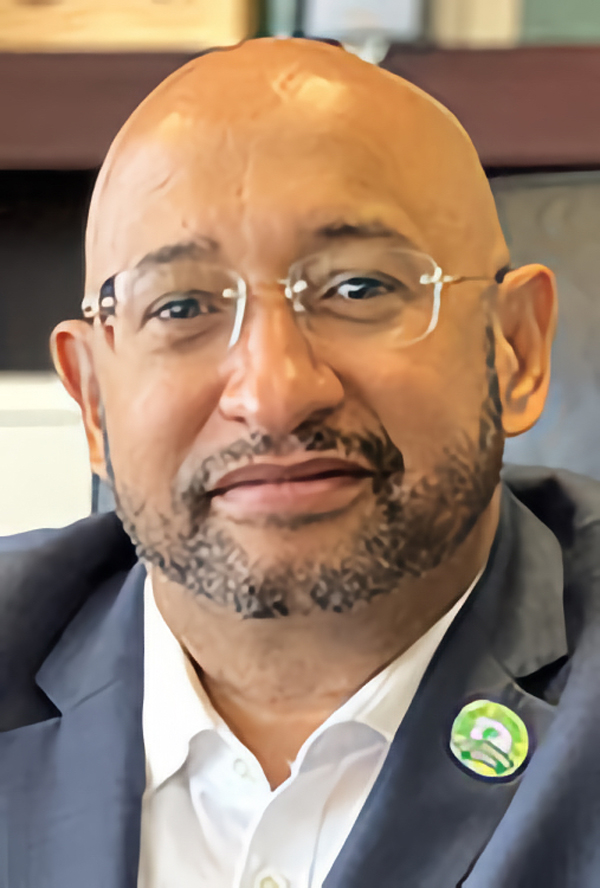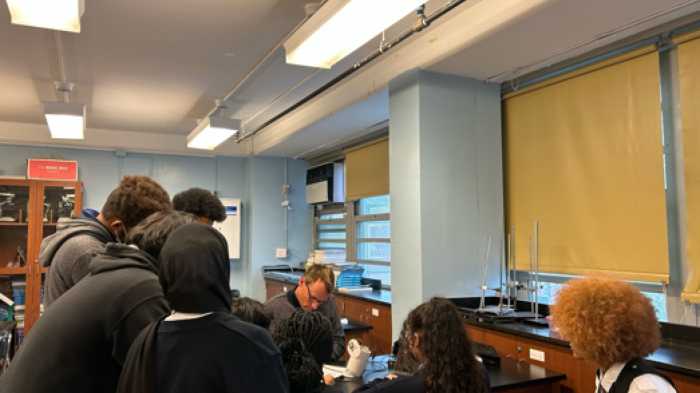Early voting is already underway and, this year, New Yorkers face important choices on both sides of their ballots.
After casting votes for the presidency, Senate, State Legislature, and critical congressional races that will determine who controls the House, voters should flip over their ballots to have the chance to shape the future of how New York City is governed for years to come.
Proposal 1, the Equal Rights Amendment, will appear on all ballots throughout the state and enshrines civil and reproductive rights in the state constitution. On the other hand, Mayor Adams’ Proposals 2 through 6 from his rushed Charter Revision Commission will only appear on ballots in New York City and pose a serious threat to ensuring our city government has checks and balances that make it responsive to New Yorkers’ needs.
As local representatives, our power comes directly from New Yorkers, and our duty is to ensure that their government works for them. That’s why the Mayor’s proposals 2 – 6, which would upset the system of checks and balances that benefits us all, is a major concern to all those who value representative democracy.
As New Yorkers, witnessing the impact of local representation inspired us to become staff members in the City Council. This commitment to representative democracy and the difference Council Members could make in the lives of constituents – by fighting for their city services – led us to seek office ourselves.
As we near the end of our time in the City Council, our commitment to ensuring government serves the people of this city remains unwavering. However, if Proposals 2 through 6 are approved, the balance of power will be undermined, threatening the effectiveness and transparency of city government.
Public participation is key to good government; it is how we maintain a true democracy, where New Yorkers drive the city’s agenda. Yet, the Mayor’s proposals were rushed and put forward without public input.
The Council’s lawmaking process usually takes months – an average of 271 days – to develop and review new policy proposals. This meaningful time is built in for public input and for communities to share their feedback. In contrast, the Mayor’s specific proposals were approved just two days after being made public. New Yorkers had no opportunity to weigh in, even though these proposals could have significant impact on how the city is run.
It’s a troubling sign when New Yorkers are cut out of the conversation. Without public input, just a few are empowered to make absolute decisions that affect the lives of many. That’s not how democracy works.
Checks and balances authorize the City Council to act as a counterbalance to the Mayor, ensuring power is not concentrated in one place and that decisions are made with the input of all communities. It is the Council’s job to hold the Mayor and city agencies accountable to New Yorkers, so that they follow the rules, use taxpayer dollars responsibly, and serve the needs of all in our city.
If approved, Mayor Adams’ Proposals 2-6 would give the mayor more power, limiting the ability to hold his office and agencies accountable. New Yorkers could lose the ability to influence key decisions, and as a result, government would become less responsive to the people it’s supposed to serve.
The risks of these proposals go beyond upsetting the balance of power. In addition to concentrating even more power in a Mayor’s office, Proposals 2 through 6 would add layers of unnecessary bureaucracy, wasting taxpayer dollars and slowing down government responsiveness. Lawmakers would be obstructed in addressing urgent public safety matters in a timely fashion, and the Mayor would be able to interfere in lawmaking that holds their administration accountable for corruption, dysfunction, and failures in public safety.
Power can be a corrupting force, and no one should have access to unchecked power.
From advocating for affordable housing, to ensuring our kids have access to education and the arts, we’ve always been driven by our commitment to making life better for our neighbors.
New Yorkers deserve a government that listens, responds to, and works for everyone. The Council has always been a place where elected officials do just that – stepping in on behalf of communities when agencies fall short or when transparency is lacking.
As veteran leaders of the City Council, we are working to leave behind a legacy that keeps New Yorkers at the center of policy decisions. We’ve spent our careers ensuring that New Yorkers have a voice in government, and we believe Mayor Adams’ Proposals 2-6 would undermine this.
Any attempt to remove New Yorkers from the decisions that their government makes about their lives is a fundamental misunderstanding of what it means to uphold a representative democracy.
Let’s be real: on paper, according to the municipal charter of New York City, the Council is a co-equal branch of New York City’s democratic government. But, in reality, we fight like hell every day to keep that a reality. The Mayor’s charter revision proposals are a reminder that there are some who wish this city to be a monarchy.
We don’t want a king of New York. We imagine New Yorkers agree, and this election, voters will have the opportunity to decide.



